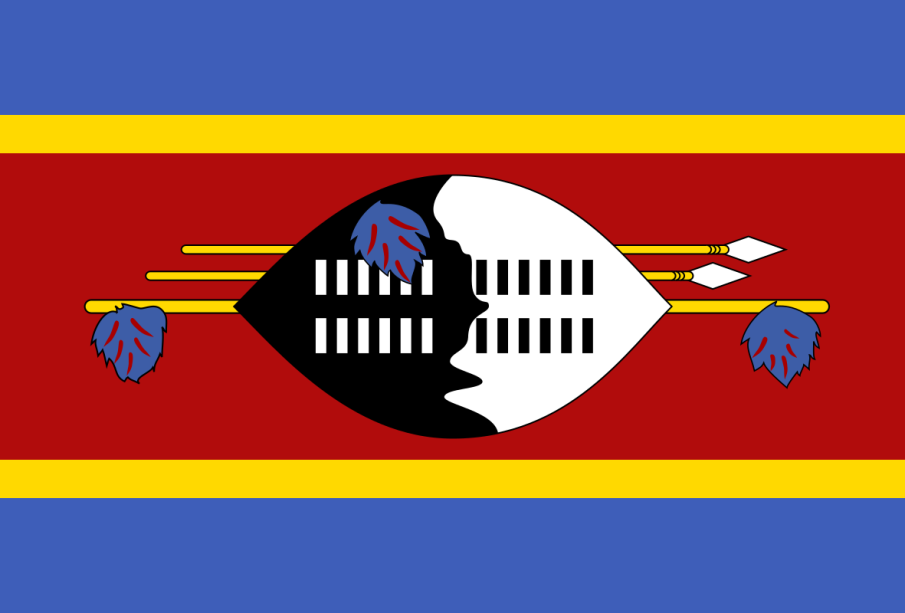Understanding Eswatini: A Glimpse into the Kingdom

Introduction
Eswatini, formerly known as Swaziland, is a small landlocked kingdom located in Southern Africa, bordered by South Africa and Mozambique. The significance of Eswatini lies not only in its unique monarchy but also in its vibrant culture and socio-economic challenges. This small kingdom is a critical player in the Southern African region, known for its preservation of traditional customs amidst modernization.
Political Landscape
Eswatini is the last absolute monarchy in Africa, ruled by King Mswati III since 1986. The political structure of the country allows the King significant powers, including the ability to appoint the Prime Minister and dissolve parliament. Despite international calls for democratization, the political landscape remains stable, although tensions have risen due to calls for reform from the populace. Protests in 2021 highlighted dissatisfaction with the political system, marking a pivotal moment in Eswatini’s contemporary history.
Economic Overview
The economy of Eswatini is primarily based on agriculture, manufacturing, and services. Agriculture employs a significant portion of the population, with sugar and textiles being major export products. However, the kingdom faces numerous economic challenges, including high unemployment rates and poverty levels. According to the World Bank, about 30% of the population lives below the national poverty line. The government’s push towards economic diversification and investment in infrastructure is seen as vital for future growth.
Cultural Significance
Eswatini is rich in cultural heritage, offering a unique blend of tradition and modernity. The annual Umhlanga Reed Dance, a cultural ceremony, showcases the kingdom’s customs and serves to promote national pride. This celebration attracts both locals and tourists, reinforcing the importance of cultural identity. Furthermore, Eswatini’s emphasis on traditional governance through structures such as the ‘Tinkhundla’ reflects its community-oriented approach to leadership.
Conclusion
Eswatini’s importance extends beyond its cultural identity to its role within the Southern African region. The kingdom faces significant challenges but also opportunities for growth and development. As calls for political reform and economic diversification continue, the future of Eswatini remains pivotal not just for its citizens but for neighboring nations as well. Understanding Eswatini’s unique position can offer insights into the broader socio-political dynamics of Southern Africa as a whole.









